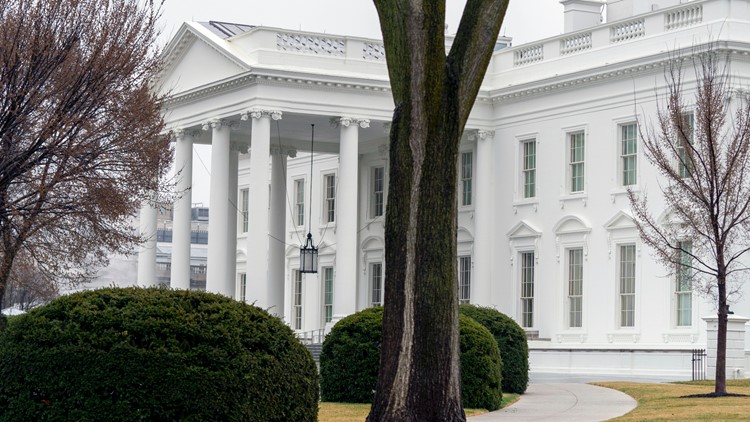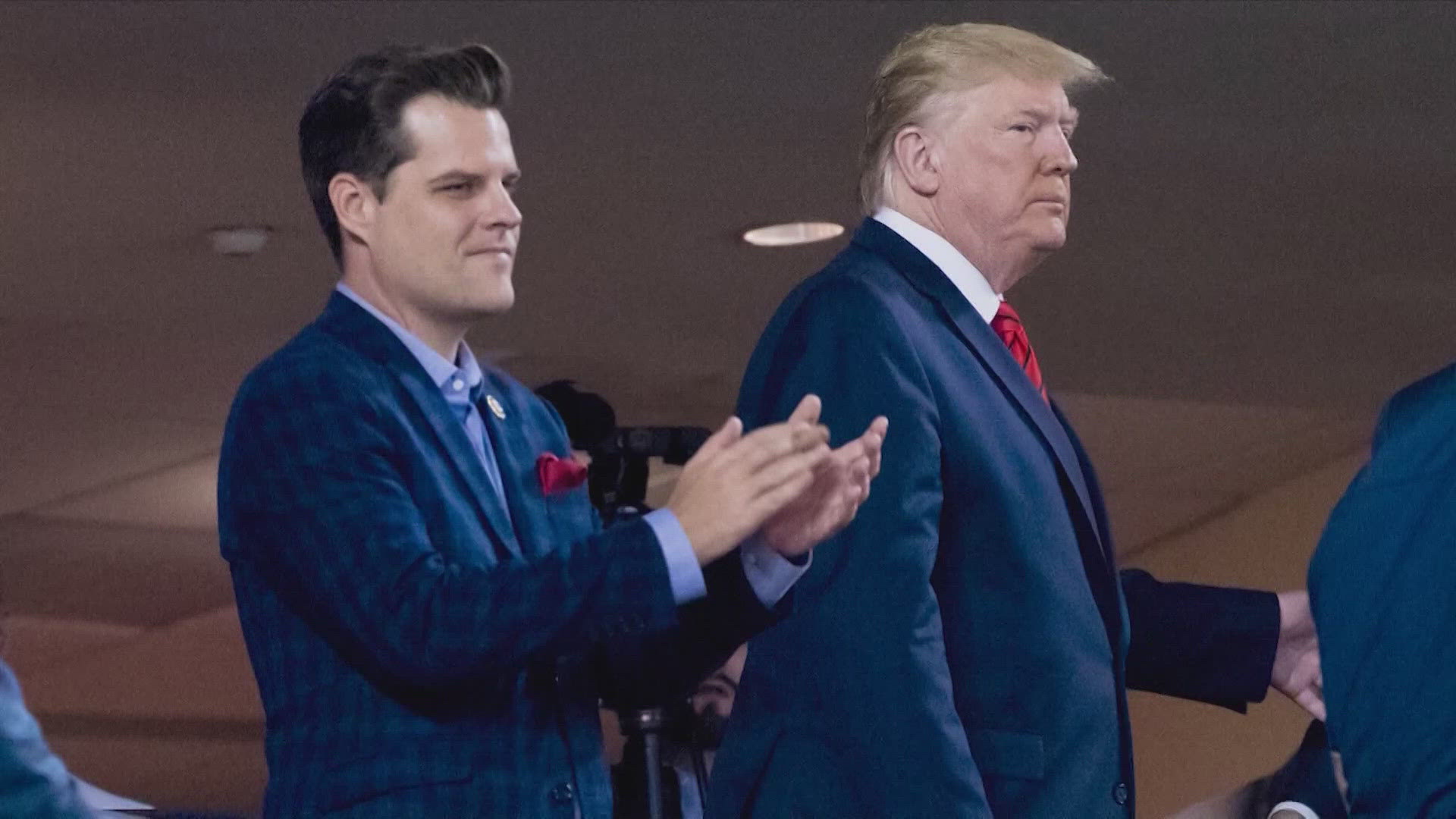WASHINGTON — Five White House staffers lost their jobs because of past drug use, including marijuana, press secretary Jen Psaki said Friday.
Marijuana has become a delicate issue for President Joe Biden's administration because 15 states and Washington, D.C., allow for recreational usage, despite a federal prohibition.
The marijuana policy has become less stringent under the Biden administration, allowing for up to 15 past uses in a year among White House staffers.
The broader federal government has also become somewhat more lenient, with the Office of Personnel Management releasing a memo that says a person should not be deemed unfit merely because of past marijuana usage. The seriousness of the use and the nature of the position will also be factors in judging new hires.
While policy for past drug use appears to be somewhat relaxed, active use of drugs, including marijuana, remains prohibited.
And the rule extends beyond traditional government employees.
In the U.S., employees of any organization that has a federal contract of $100,00 or more or receives a federal grant are subject to the Drug-free Workplace Act of 1988, according to SAMHSA. This means employees agree to "not engage in the unlawful manufacture, distribution, dispensation, possession or use of a controlled substance." The policy also applies to anyone seeking a federal grant as an individual.
In 1986, President Ronald Reagan issued Executive Order 12564 -- Drug-free Federal workplace, which prohibits employees from using any drugs labeled as a Schedule I or II substance.
Something that is not immediately clear is whether past marijuana use would completely disqualify a person from getting a government job that requires a security clearance.
Last year, the CIA said in order for applicants to be eligible for employment within the organization, they must not have used "illegal drugs" for the past 12 months. "This is, as with most things, a general rule by which to gauge your hire-ability as, not only an applicant, but as the potential holder of a security clearance," it said in part.
And, yes, that applies to marijuana use, even if it's legal in your state, the CIA says. For more guidance, the organization pointed to the SEAD 4 National Security Adjudicative Guidelines.
Under guideline H, which talks about illegal drug use, it lists "conditions" that could "mitigate security concerns." Those include certain instances of past use, and being honest about past use of drugs and proof of actions taken to "overcome" drug "involvement" and misuse.
Bottom line: Active use of any controlled substance as defined by the federal government prohibits anyone from getting a security clearance. Past use appears to be more of a case-by-case basis.
Security and suitability reviews have been an issue for past administrations. At least 25 clearance denials were overturned by President Donald Trump's administration, where people faced possible disqualification because of foreign influence, conflicts of interest, concerning personal conduct, financial problems, drug use and criminal conduct.
The Associated Press contributed to this report.
If you or anyone you know is struggling with addiction, you can call the SAMHSA National Helpline at 1-800-662-4357.
- Study: 3 feet of distance in a classroom could be enough to limit the spread of COVID-19
- Doctors say comments made at Governor DeSantis' public health roundtable were 'disheartening'
- Publix says employees will get leftover COVID-19 vaccines
- Social media 'influencers' paid thousands of Florida taxpayers' money to promote virtual vacations
- What you need to know about ticks in Florida
►Breaking news and weather alerts: Get the free 10 Tampa Bay app
►Stay In the Know! Sign up now for the Brightside Blend Newsletter



